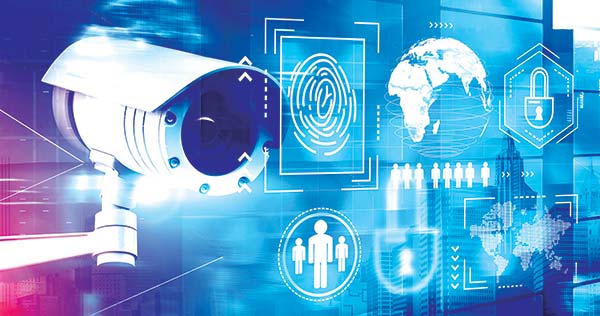Since 2020, when Indian and Chinese forces clashed at their border, India has banned dozens of Chinese-owned apps, including TikTok, on national security grounds. India also tightened foreign investment rules for countries with which it shares a land border. The camera-testing rules don’t contain a clause about land borders.
The remote detonation of pagers in Lebanon last year, which Reuters reported was executed by Israeli operatives targeting Hezbollah, further galvanised Indian concerns about the potential abuse of tech devices and the need to quickly enforce testing of CCTV equipment, the senior Indian official said.
Reuters reported last month that unexplained communications equipment had been found in some Chinese solar power inverters by US experts who examined the products.
Not surprisingly therefore, in India, China’s Xiaomi said that when it applied for testing of CCTV devices, Government officials told the company the assessment couldn’t proceed because “internal guidelines” required Xiaomi to supply more registration details of two of its China-based contract manufacturers.
“The testing lab indicated that this requirement applies to applications originating from countries that share a land border with India,” the company wrote in an April 24 email to the Indian agency that oversees lab testing.
Xiaomi didn’t respond to Reuters queries, and the IT ministry didn’t address questions about the company’s account.
China’s foreign ministry told Reuters it opposes the “generalisation of the concept of national security to smear and suppress Chinese companies,” and hoped India would provide a non-discriminatory environment for Chinese firms.
Lab testing, factory visits
While CCTV equipment supplied to the Government have had to undergo testing since June 2024, the widening of the rules to all devices has raised the stakes.
The public sector accounts for 27 per cent of CCTV demand in India, and enterprise clients, industry, hospitality firms and homes the remaining 73 per cent, according to Counterpoint.
The rules require CCTV cameras to have tamper-proof enclosures, strong malware detection and encryption.
Companies need to run software tools to test source code and provide reports to Government labs, two camera industry executives said.
The rules allow labs to ask for source code if companies are using proprietary communication protocols in devices, rather than standard ones like Wi-Fi. They also enable Indian officials to visit device makers abroad and inspect facilities for cyber vulnerabilities.
The Indian unit of China’s Infinova told IT ministry officials last month the requirements were creating challenges.
“Expectations such as source code sharing, retesting post firmware upgrades, and multiple factory audits significantly impact internal timelines,” Infinova sales executive Sumeet Chanana said in an email on April 10. Infinova didn’t respond to Reuters questions.
The same day, Sanjeev Gulati, India director for Taiwan-based Vivotek, warned Indian officials that “All ongoing projects will go on halt.” He told Reuters this month that Vivotek had submitted product applications and hoped “to get clearance soon.”
The body that examines surveillance gear is India’s Standardization Testing and Quality Certification Directorate, which comes under the IT ministry. The agency has 15 labs that can review 28 applications concurrently, according to data on its website that was removed after Reuters sent questions. Each application can include up to 10 models.
As of May 28, 342 applications for hundreds of models from various manufacturers were pending, official data showed. Of those, 237 were classified as new, with 142 lodged since the April 9 deadline.
Testing had been completed on 35 of those applications, including just one from a foreign company.
India’s CP Plus told Reuters it had received clearance for its flagship cameras but several more models were awaiting certification.
Bosch said it too had submitted devices for testing, but asked that Indian authorities “allow business continuity” for those products until the process is completed.
When Reuters visited New Delhi’s bustling Nehru Place electronics market last week, shelves were stacked with popular CCTV cameras from Hikvision, Dahua and CP Plus.
But Sagar Sharma said revenue at his CCTV retail shop had plunged about 50 per cent this month from April because of the slow pace of Government approvals for security cameras.
“It is not possible right now to cater to big orders,” he said. “We have to survive with the stock we have.”



